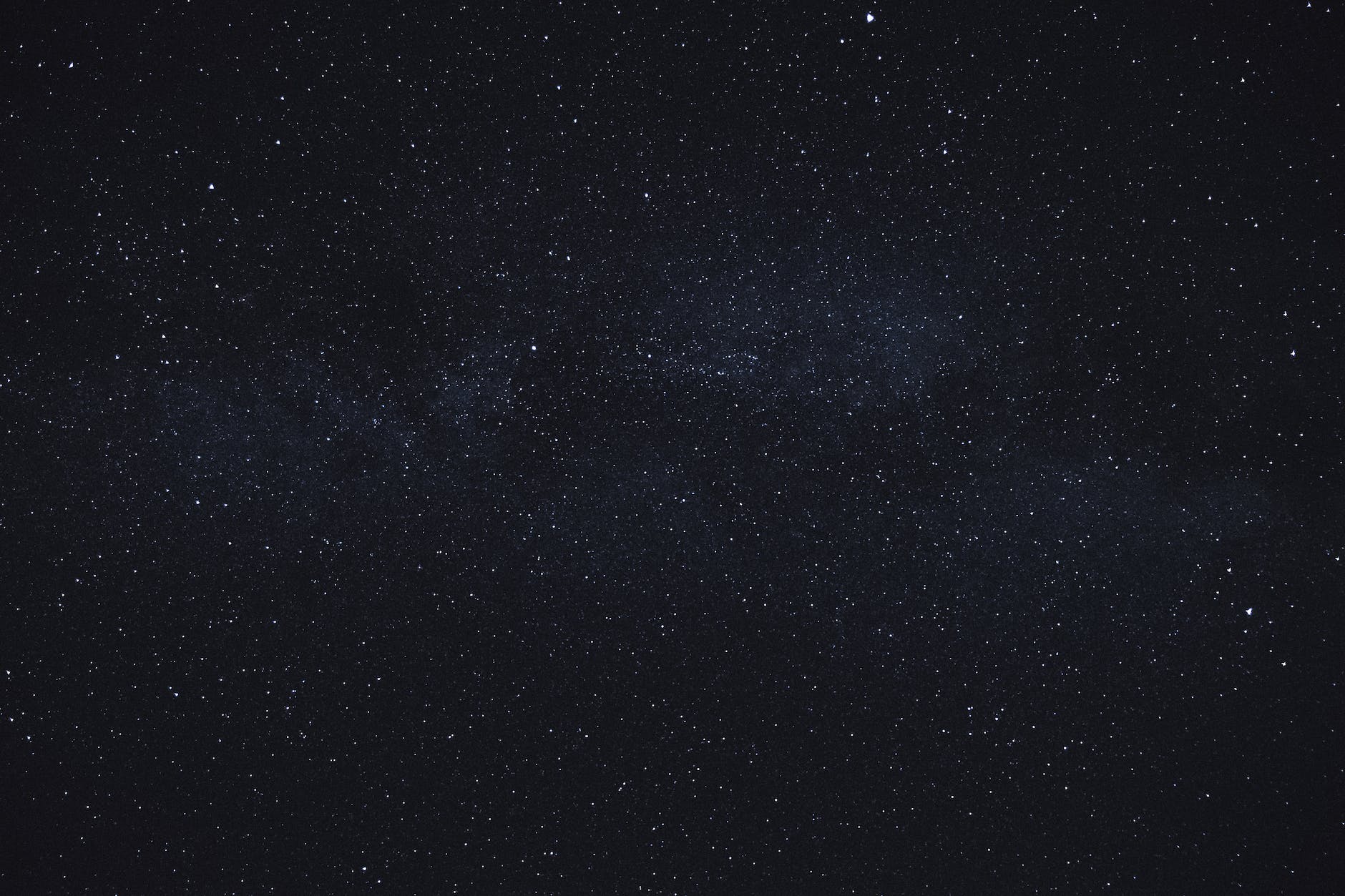Having quite literally grown up with Star Trek the Next Generation playing on the TV in my living room, it should come as no surprise that the stars above were my first love. Popular culture has long been fascinated by the idea of extraterrestrial cultures. Yet, mainstream science has often scoffed at the notion. Still, the pure math of the virtual infinity that surrounds our little blue planet and its quaint Star System suggests the Universe is just too big for us to be alone in it.
What we already know about outer space is exhaustive. It can’t be boiled down into a few pages of a simple research paper, as I once attempted to do in my ill-fated college career. Perhaps, I’ll one day revisit the few high points I hit upon in that amateurish academic work. But, for now, I aim to dig into what I so luckily retained over all these years as supplemental material to that research project.
Specifically, there’s a particularly long quote from a once premier bestselling author notorious for intense research and richly descriptive narratives. Most in today’s generations simply have no patience to even attempt at consuming what some may today consider long-winded. But, his fictionalized histories of various major events in history are legendary. It’s fair to call him a subject expert on human spaceflight, as he wrote the novel “Space” which released in 1982 and is one of his many critically acclaimed works.
But, world-renowned author James Michener considered the importance of space exploration well before the release of “Space.” In fact, he said some fine words before a Congressional subcommittee on the subject in the 1970s. These words were featured in the introduction of the 1980 book Pioneer: First to Jupiter, Saturn, and Beyond by James Van Allen, Richard Fimmel, and Eric Burgess. Yet, they may even be more relevant today as we delve deeper into the twenty-first century,
“I do not for a moment believe that the spiritual well-being of our nation depends primarily upon a successful space program… But I also believe that there are moments in history when challenges occur of such a compelling nature that to miss them is to miss the whole meaning of an epoch. Space is such a challenge.
We risk great peril if we kill off this spirit of adventure, for we cannot predict how and in what seemingly unrelated fields it will manifest itself. A nation which loses its forward thrust in danger, and one of the most effective ways to retain that thrust is to keep exploring possibilities. The sense of exploration is intimately bound up with human resolve, and for a nation to believe that it is still committed to forward motion is to ensure its continuance.
… We should be most careful about retreating from the specific challenge of our age. We should be reluctant to turn our back upon the frontier of this epoch. Space is indifferent to what we do… But we cannot be indifferent to space, because the grand slow march of our intelligence has brought us, in our generation, to a point from which we can explore and understand and utilize it. To turn back now would be to deny our history, our capabilities.” – James Michener
Michener’s words illustrate the necessity of having an ongoing space program. It shouldn’t exist solely for popular reasons, but even just for purely scientific reasons. Space programs are necessary because some experiments can only be accomplished in the act of reaching outer space, then infinitely more possibilities once we are out there. If we are capable, and it’s in the best interests of human progress, then we should most certainly do it. But, as Michener also says, it’s also where the most possibilities for exploration still exist, and to turn away from exploring space is to deny humanity the true test of our capabilities.
Of course, the space program never actually ended, perhaps partly in thanks to Michener’s future book and the many feature films about NASA and its various exploits. But, yes, mostly space-faring dramas such as Star Wars and Star Trek are about as far as popular culture seems to care about the stars now. Yes, true scientists continue the exploration, but imagine if we’d continued on the course that Michener clearly hoped that we would as a society.
I think now that perhaps my childhood and young adulthood years would’ve been better dedicated to Exobiology, the field of science which deals with searching for extraterrestrial life. Our world is but a speck of microscopic dust in the scale of the cosmos, so it’s always made sense to me for the search for extraterrestrial life to be a worthwhile pursuit. But, a career having to do with space never seemed to be a real possibility for me, being middling at math and never having the patience for scientific inquiry.
Perhaps someday we will replace the fictions of Star Trek and Star Wars with truths so extraordinary that we can’t yet imagine them. It somewhat does a disservice to our imaginations when we consume stories of other worlds that are much too similar to our own to be realistically possible. Yes, they are just stories, but it’s part of why I think people are content with thinking of the stars above as pretty much an extension of what happens down here, creating an unfortunate misconception. While there is nothing wrong with enjoying space opera fantasies, it would be a disservice to popular culture if we didn’t start looking towards the stars once again.
~ Amelia Desertsong


